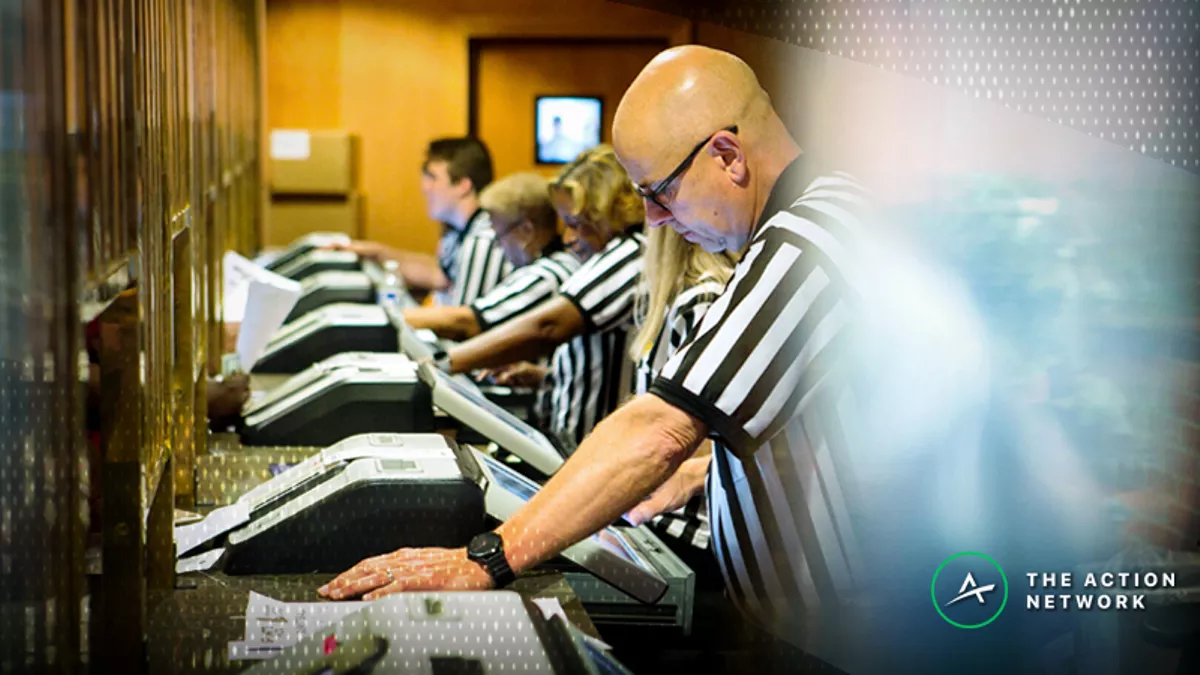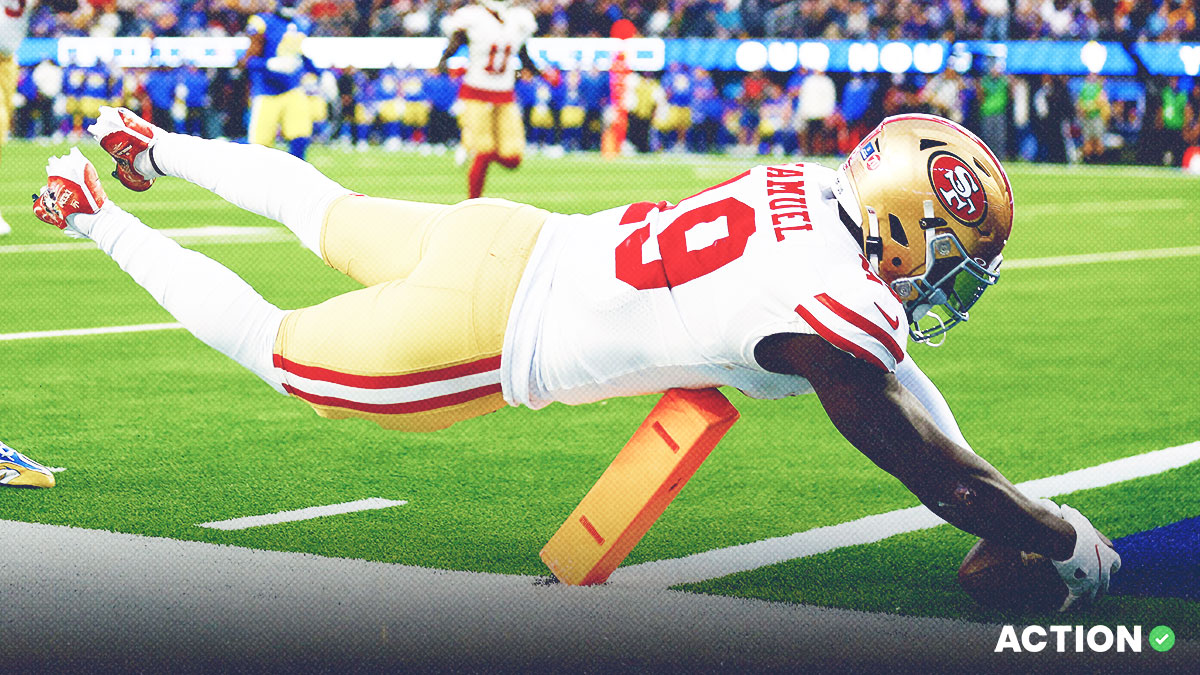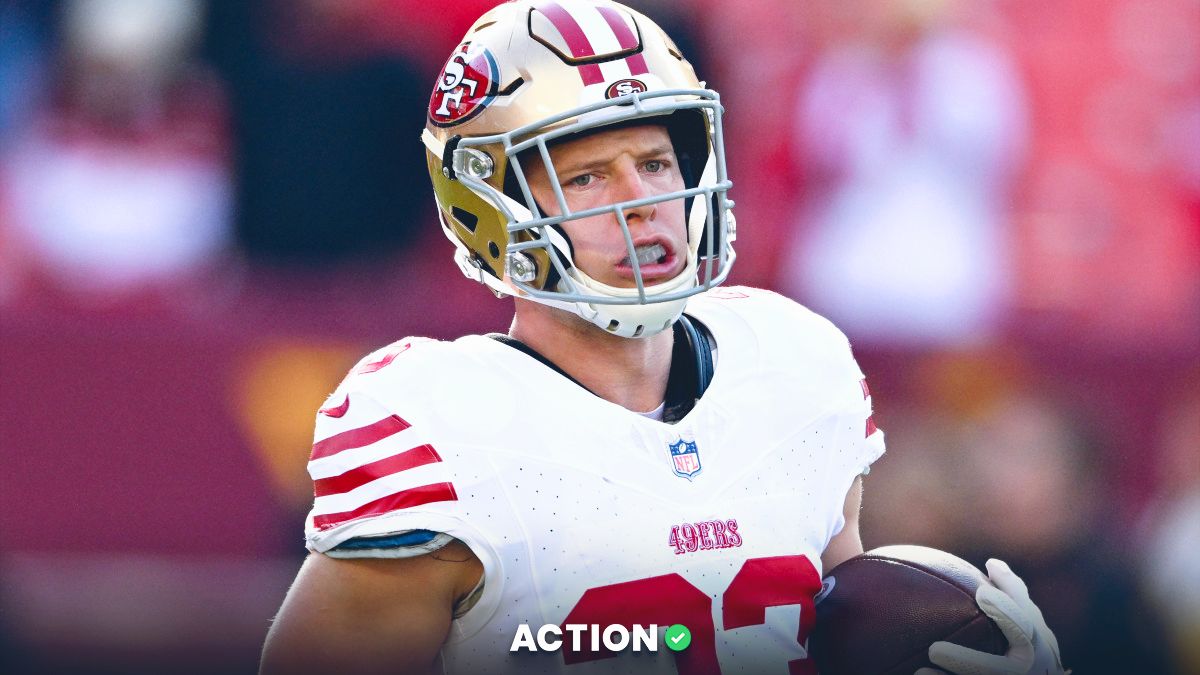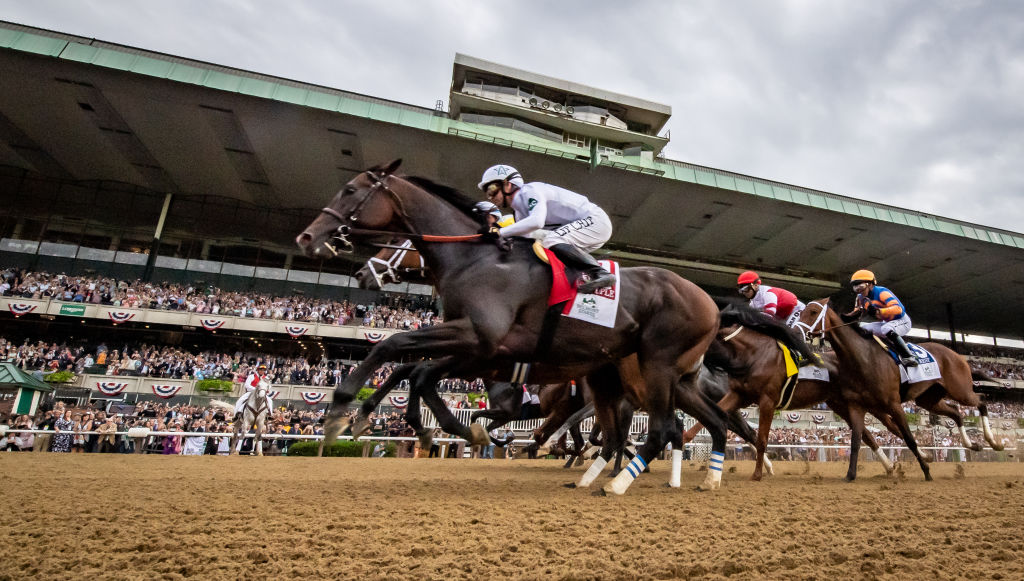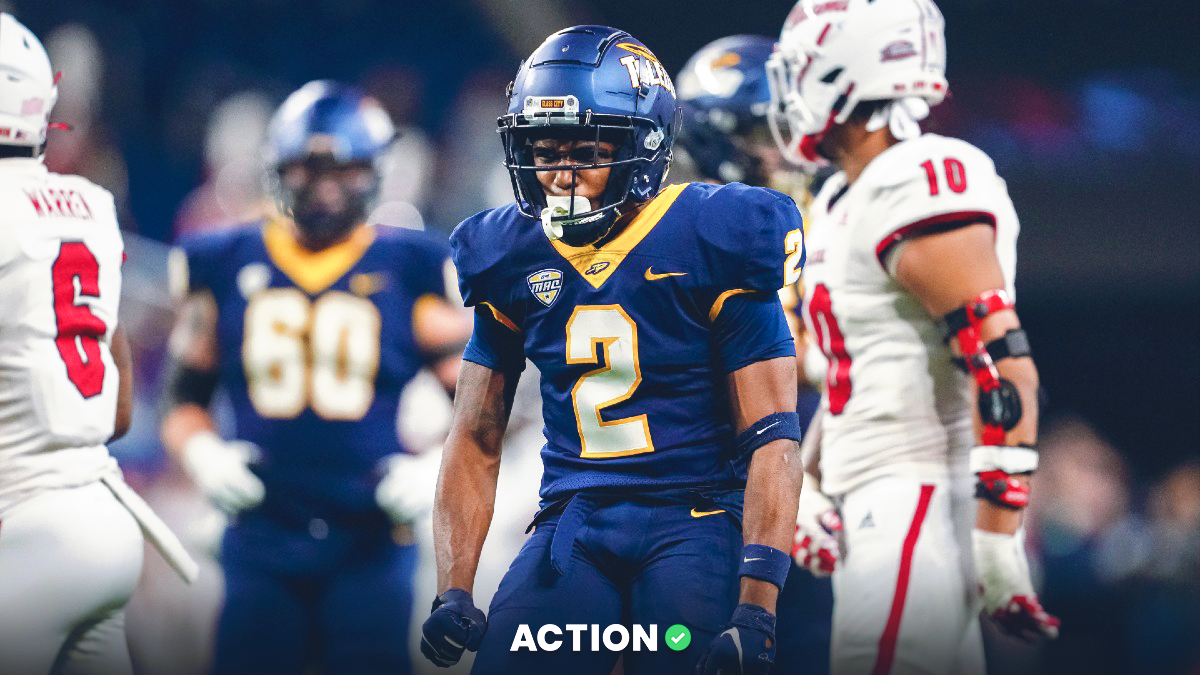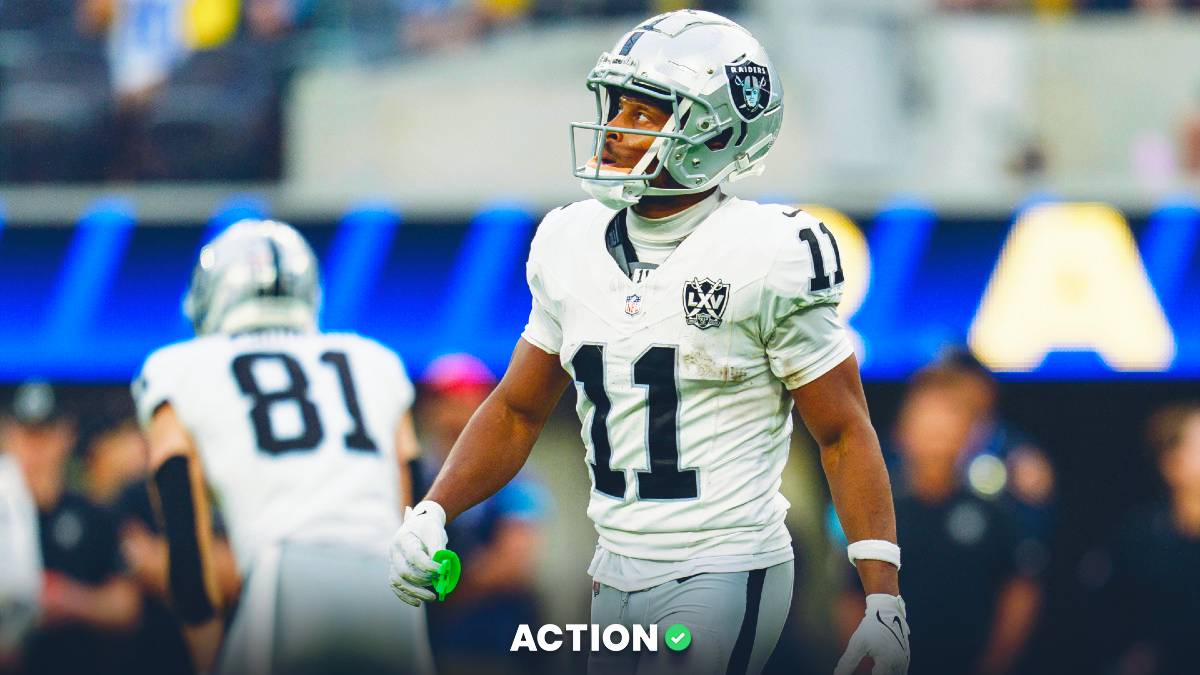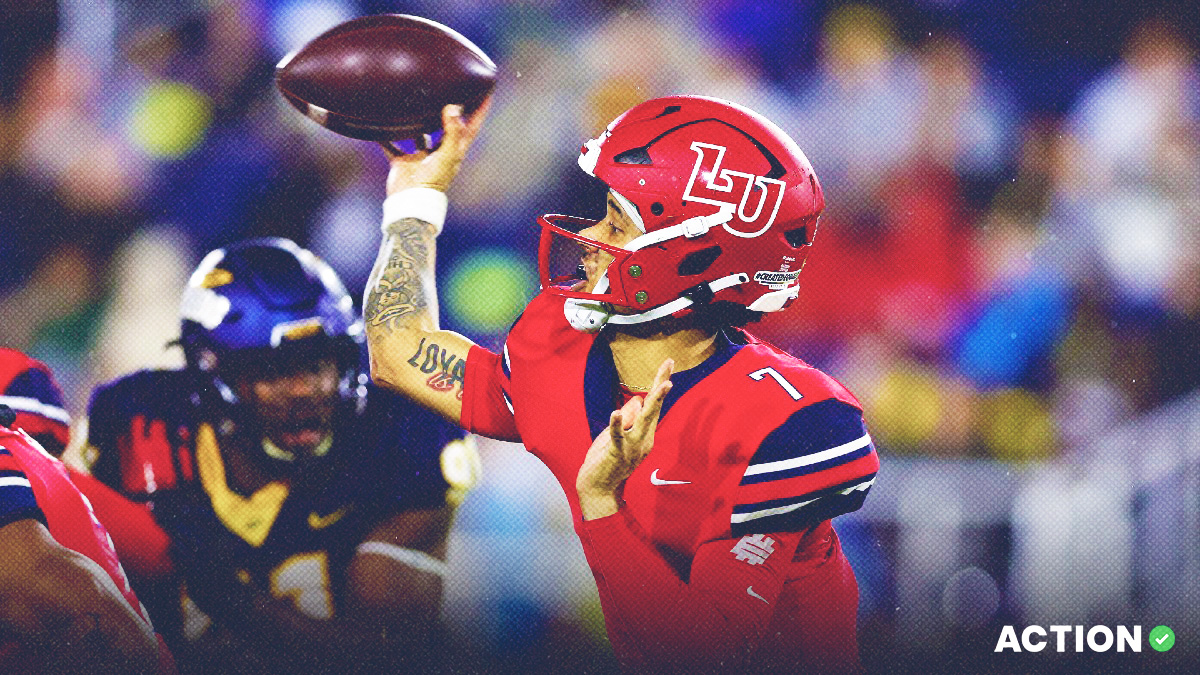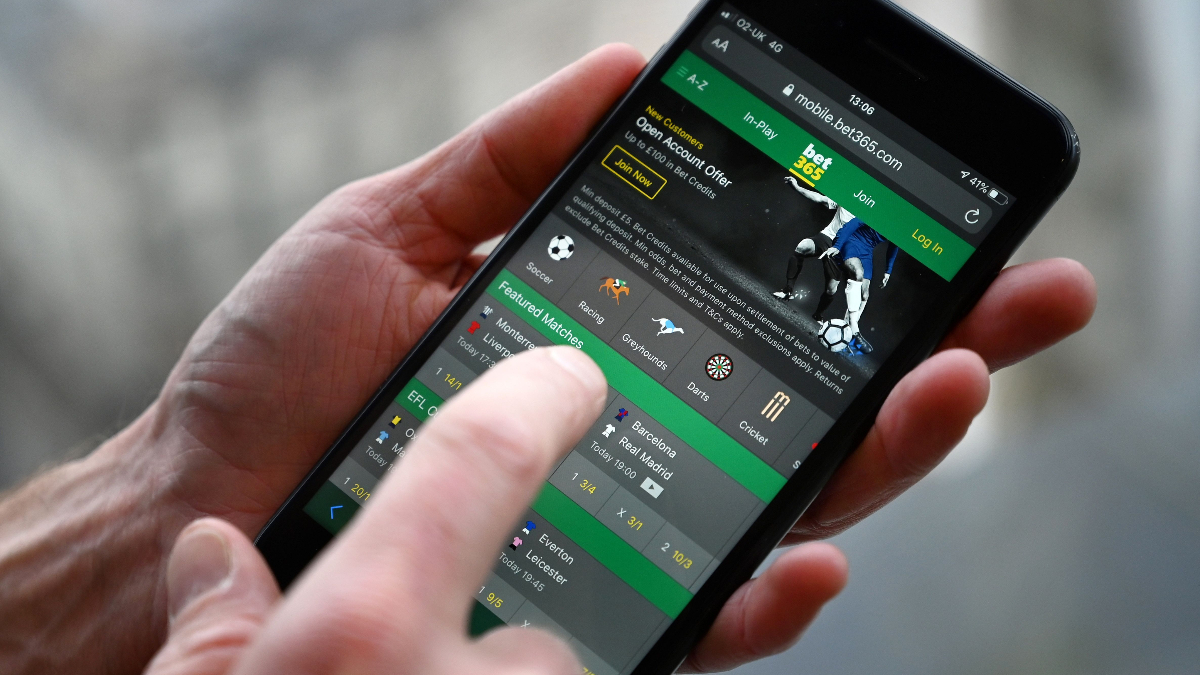Our Bet Labs sports betting software is a powerful tool with more than 400 filters and millions of data points that can improve your sports handicapping. Users can leverage our massive betting database to conduct their own research and build proprietary betting systems.
But what makes a winning betting system? Here are three steps to follow to create your winning systems:
Start with a betting theory
All good betting systems begin with an idea or hypothesis. Before you start building your system, ask a question like, “Does cold weather really affect points scored?” or “Do teams on the second night of a back-to-back play worse?”
After you know the question you can mine the data to find the answer. Without a hypothesis to test you run the risk of custom fitting your data in an effort to increase a system’s win rate or profitability.
Simply being able to answer the question, “Does this system make sense?” can lead to stronger predictions. It is important to have an underlying theory to explain why a betting system is successful.
Sample size matters
There is an incredible amount of data that exists in sports. Data comes from individual player performance, coaching, in-game events, betting lines, officiating and weather.
We can extract useful information from that data to make predictions about future outcomes. However, one of the most common mistakes made by bettors is making definitive claims from small samples of data.
For example, say the New England Patriots have covered in nine of their past 10 games as touchdown favorites. Does New England going 9-1 against the spread tell us anything about what will happen in the future when they are favored by seven or more points again?
No. A sample of 10 games is not predictive of future events.
The size of the sample helps determine the level of confidence we have in our systems. The general rule of thumb is the more results (larger sample) a winning system has the more likely it is to succeed long term.
An appropriate sample size varies by sport. In football, with only 16 games played each season by a team, an acceptable sample size will be smaller than for a sport like baseball with its 162-game schedule.
Consistent year-to-year results
Here is the sports definition of consistency:
In the Tom Brady and Bill Belichick era, the New England Patriots have won 10 or more games 16 times, have won the AFC East 16 times including every year since 2009, reached nine Super Bowls and won six championships.
Why does this matter? When building a betting system, be like Pats — consistent.
A common mistake when building a betting system is unearthing a trend that has a high win rate and return on investment but failing to check for consistency. The hallmark of a winning betting system is consistent winning results year-to-year.
When building a betting system remember to start with a theory, have a large sample size and consistent year-over-year results. If a betting system meets this criteria we can have confidence it will continue to be profitable going forward.






